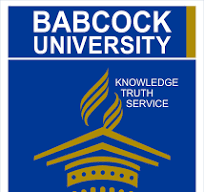Problems and Prospect of Post-Election Peace Building in Nigeria: The 2015 & 2019 General Elections
Keywords:
Election, political ethnicity, Religion, violence, peace building, and ConsociationalismAbstract
Successful peace building among others requires political gladiators to see election and electioneering campaign as a political game, whereby politics ends with election and government takes off. Experiences in Nigeria since independence were to the contrary thereby making post election peace building a herculean task. The study, therefore, examined basic constraints to conduct of acceptable elections and the prospect of overcoming such. The study was descriptive and relied on secondary data source. It argued that low incidences of post election violence did not translate to enthronement of enduring peace now and in future The study found that campaign of calumny, corrupt practices by election stakeholders, political ethnicity and religion indoctrination, sensational news by the press, violence perpetrated by known agents, exclusive government and poverty constituted huge challenges to post elections peace building. The study recommended that to ensure smooth post-election peace building, the electoral laws should be strengthened while violators are brought to book. In addition, an inclusive government could help to minimize political antagonism while political education should be encouraged as to see election as a means and not an end in itself.
Election, political ethnicity, Religion, violence, peace building, and Consociationalism
Downloads
Published
How to Cite
Issue
Section
License
Copyright (c) 2024 Beyond Babel: BU Journal of Language, Literature, and Humanities

This work is licensed under a Creative Commons Attribution 4.0 International License.



